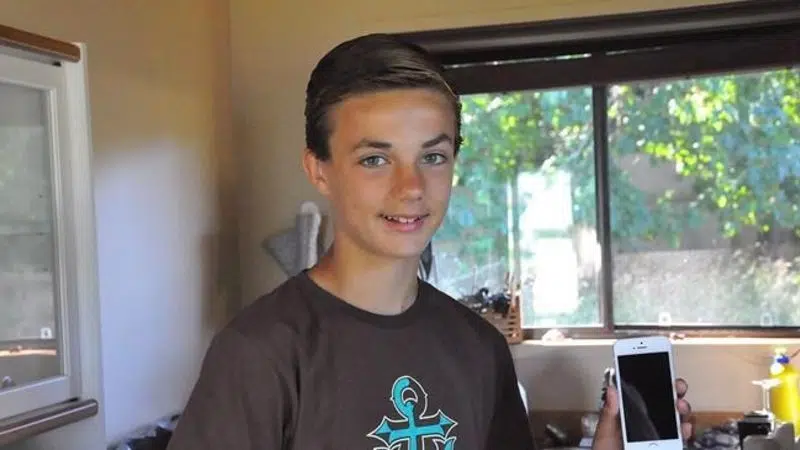
‘Beautiful boy’ slipped between health-care cracks: father after B.C. inquest
VICTORIA — The parents of a Victoria-area teen who died of a drug overdose say they don’t want other families to experience the trauma of having a child slip their caring hands.
Rachel Staples and Brock Eurchuk made the comments Wednesday at the conclusion of a British Columbia coroner’s inquest into the overdose death last year of 16-year-old Elliot Eurchuk. The jury was scheduled to begin deliberations Thursday.
“We don’t want other children to navigate our community in a very difficult, vulnerable state and fall through the cracks like Elliot did,” said Brock Eurchuk outside of the inquest. “I’ll be dealing with my failures as Elliot’s father for the rest of my life.”
Eurchuk was found unresponsive in his bedroom on April 20, 2018. He died of an illicit drug overdose.


